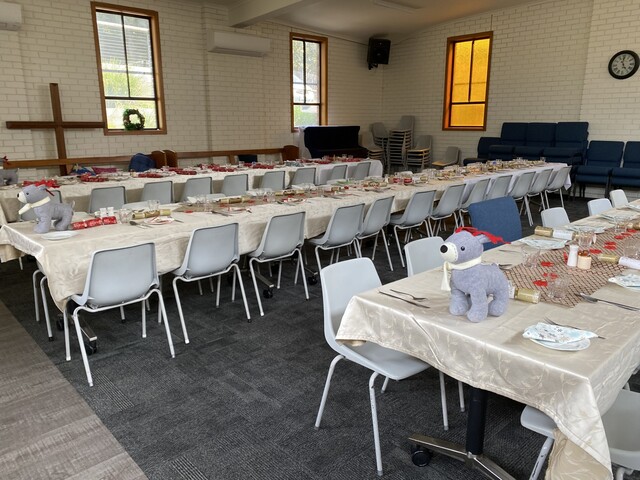AN ACUTE episode of breathlessness is a stressful life event for a patient and family members alike.
Understanding chronic lung conditions and how to manage the symptoms is an essential tool to improve the quality of life for the patient, their carer and family members.
Eastern Health offers vital services for those suffering chronic lung diseases.
Yarra Valley Community Health Service’s team of health professionals and Maroondah Hospital COPD clinic provide valuable services to local residents who suffer from chronic lung diseases, such as chronic obstructive pulmonary disease (COPD).
Apart from the physical symptoms, patients may feel depressed, anxious, worried, irritable, isolated and confused.
Patient support is about helping to manage and control symptoms and overcome negative feelings and build confidence again.
The slogan for World COPD Day 2005 ‘Breathless not Helpless’ is a positive one.
It aims to empower patients and others who have symptoms of COPD to visit their doctors and get help.
The theme was chosen to emphasise that breathlessness and other symptoms of COPD are not simply a normal part of aging, and that there are steps that will help people live well with COPD.
Research shows that there are many people living in Australia with COPD who are not aware they have the condition.
Estimates indicate that one in six people over 45 years old are affected by COPD.
Of those, about 80 per cent are not aware they have the disease.
They could mistakenly be receiving treatment for asthma or they could just think their symptoms, such as breathlessness, are a natural sign of aging.
Whatever the reason, the majority of people with COPD are not taking important steps to stem the progress of what can be a very disabling condition.
Although there is no cure for COPD, there are steps you can take to control your symptoms, improve your quality of life and lengthen your life.
These important steps will help you to live life to the fullest if you have COPD – Quit smoking, enrol in a pulmonary rehabilitation program, exercise safely and regularly, learn breathing control techniques, maintain a healthy diet, understand how your medications work, protect yourself against chest infections, use oxygen therapy, communicate well with your doctor, contact the Australian Lung Foundation LungNet initiative and join a LungNet patient support group.
Anyone with the condition can call 1300 130 381 to discuss their needs with our service coordinators.
Breathing new life into treatments
Digital Editions
-

Where to see lights in the Yarra Ranges this Christmas
Taking an evening drive to admire Christmas lights is a much-loved festive tradition, and across the Hills, Yarra Valley and Outer East, neighbourhoods are once…





